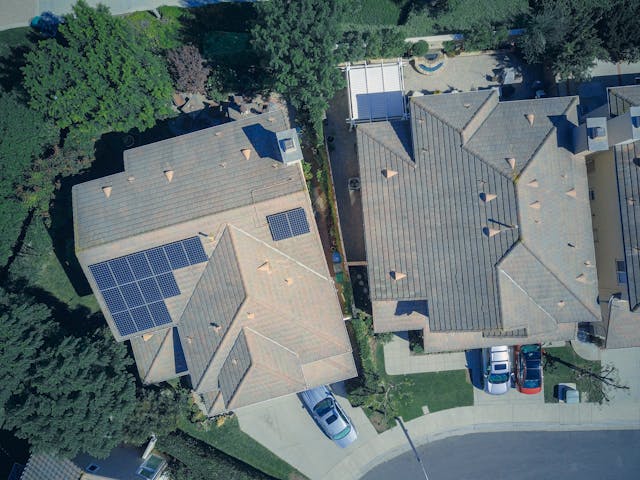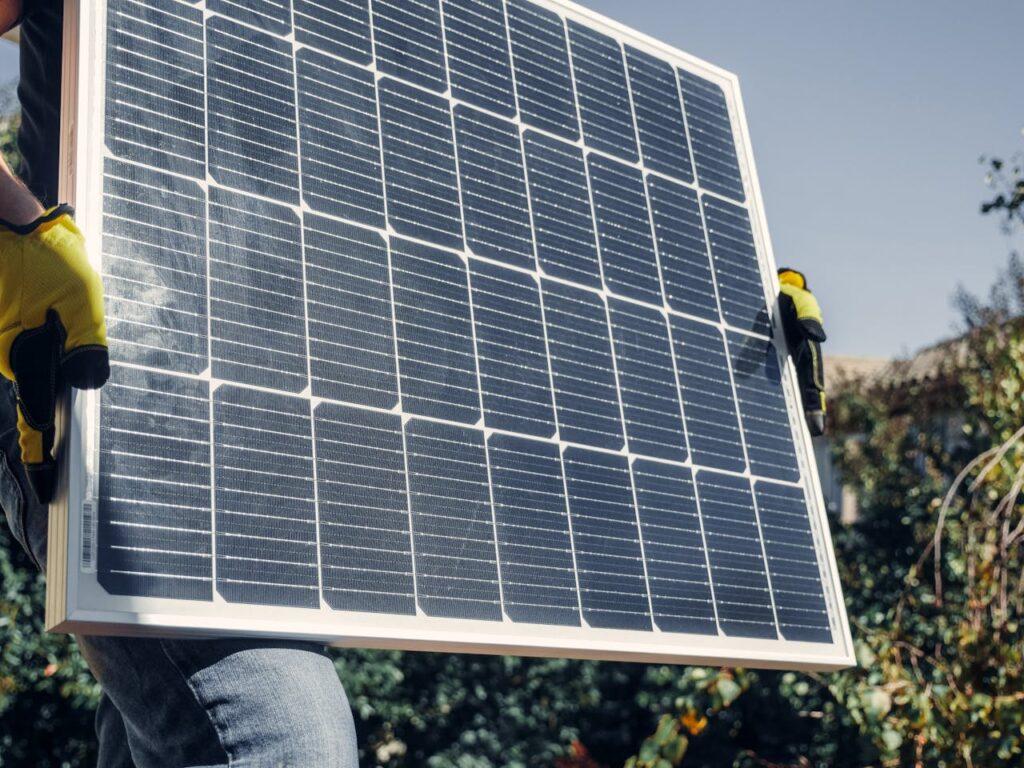- October 3, 2024
- Category: Home, Tips & Advice

As more homeowners choose sustainable energy solutions, solar panels are increasingly becoming a popular choice across the country. While they offer the benefit of reducing energy costs and increasing property value, it’s crucial to understand how installing solar panels affects your home insurance.
Assessing Insurance Coverage
Before installing solar panels, it’s essential to check if they’re covered under your existing homeowners insurance. Most policies cover solar panels as part of the home structure, but it’s important to confirm which damages are specifically covered. Typical protections include events like fire, theft, and environmental damages. However, policies might exclude certain types of weather-related damages unless specified, so knowing what your policy covers is critical.

Informing Your Insurance Provider
One of the most crucial steps when installing solar panels is to inform your insurance provider. Notifying them both before and after installation helps ensure that coverage adjustments are made correctly. Failing to update your insurance might lead to significant financial risks in the event of damage or loss, as the panels may not be covered under the old terms of your policy.
Understanding Premium Adjustments
Adding solar panels can increase the value of your property, which might lead to a higher insurance premium. This increase generally reflects the added cost of replacing or repairing the solar panel system in case of damage. Homeowners should discuss with their insurance agents how much their premiums might increase and evaluate if the potential energy savings offset these costs.

Special Considerations for Leased vs. Owned Panels
The insurance implications for solar panels also depend on whether the panels are leased or owned. Leased panels are often covered by the leasing company’s insurance, although you may still be responsible for certain types of damage or liability. Owned panels, on the other hand, should be included in your home’s insurance policy. Clarifying this distinction with your provider is vital for adequate protection.
Additional Coverage Options
Depending on the location and setup of your solar panels (such as ground-mounted systems), additional coverage options may be necessary. This might include increasing your coverage for other structures on your property or enhancing liability coverage. Homeowners should consider these additional insurance needs based on the specifics of their solar installation.
Installing solar panels is a significant decision that impacts not only your energy consumption but also your home insurance needs. By thoroughly understanding and updating your insurance coverage, you can ensure that your investment is protected while you contribute to a more sustainable future.
Thinking about installing solar panels? Contact Cluett Insurance today to discuss how this change will affect your insurance coverage. We’re here to help you make informed decisions that protect both your home and the environment.
